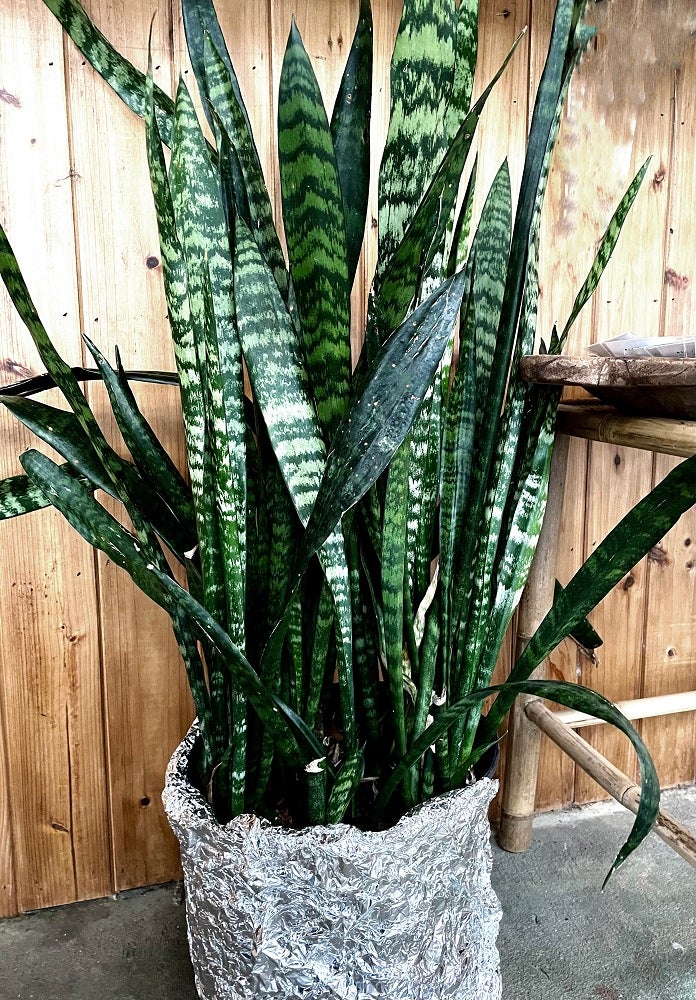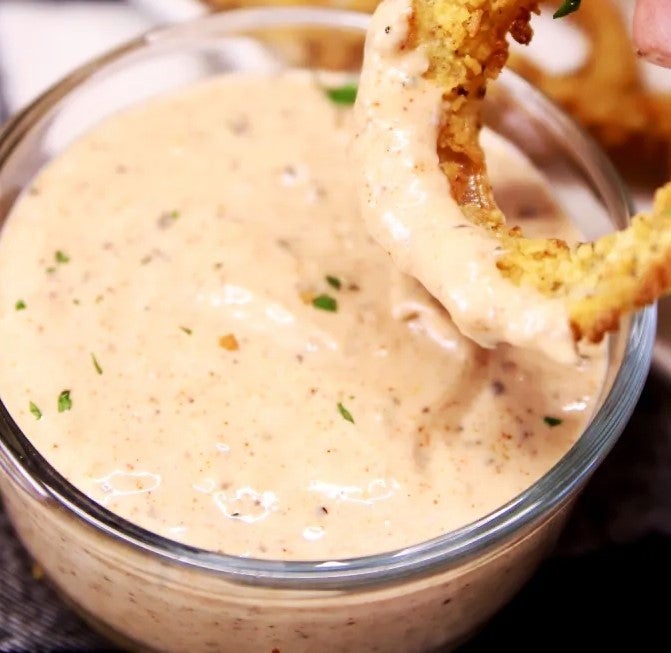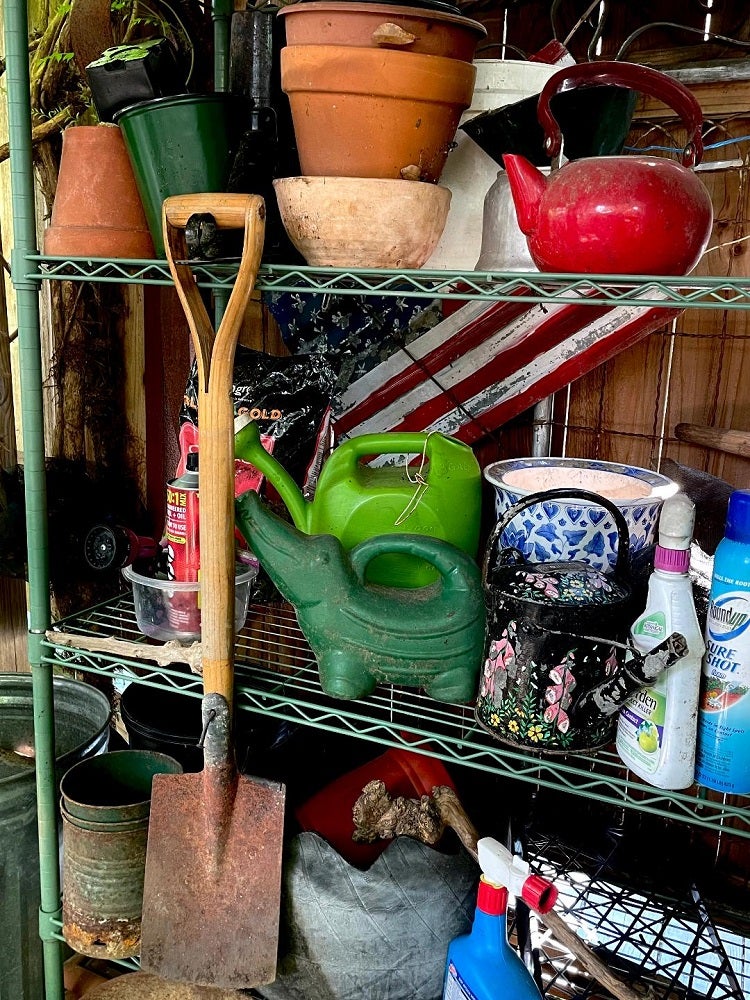Casting our vote continues the Great American Experiment
Published 7:00 am Thursday, November 10, 2016
“A republic, if you can keep it.” Those were the famous words of Benjamin Franklin after the Constitutional Convention when he was asked if the United States would be a republic or monarchy.
Mr. Franklin – along with the other Founding Fathers who would launch the great American experiment at Independence Hall in Philadelphia in 1787 – believed in the power of the people to govern. We exercise this power when we cast our vote at the polls.
In the United States, we vote to fill federal offices during even-numbered years. These elections determine one-third of the Senate and the entire House of Representatives every two years. The 435 members of the House serve two-year terms and are elected by district. The 100 members of the Senate serve six-year terms and represent their entire state. The President and Vice President, of course, are chosen every four years.
From the 19th Century to Now
Congress did not determine a national day for elections until 1845. Prior to that year, states could choose when to have their elections for president as long as these elections occurred during a 34-day period that fell mostly in November.
The practice of having a uniform Election Day on the first Tuesday after the first Monday in November is a tradition that was influenced by the challenges of the very agrarian 19th-century America.
By early November, harvests would be done, and winter would not yet be impeding travel to the polls by horse-and-buggy.
Millions of Americans took part in this time-honored tradition, joining the more than 700 million people around the world who have voted in 105 national elections this year.
There is plenty of room for improvement when it comes to voter turnout in America. For example, only 57.5 percent of eligible voters actually cast a ballot in 2012.
During the midterm elections of 2014, that percentage reached a 72-year low at 36.3 percent. According to data from the Pew Research Center, the United States has lower voter participation than many other developed, democratic countries.
Freedom Is Not Free
This year, Election Day arrived three days before Veterans Day. On November 11, we honor our service members past and present who have stepped forward to keep the American experiment alive and helped preserve our right to determine its future.
When we vote, we show our appreciation and gratitude for this incredible gift. Free and fair elections – not to mention the peaceful transfer of power – are not guaranteed in many parts of the world, where dictators suppress basic rights and widespread corruption runs unchecked.
As I have said on a number of occasions, being born an American is like winning the lottery without having to buy a ticket. Election Day is just one reminder that we have a government “of the people, by the people, for the people.”
We are the lucky ones, and this is our republic to keep.
By U.S. Senator Roger Wicker




